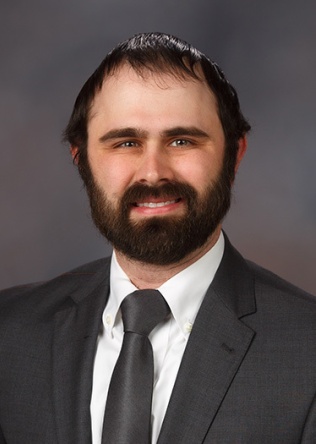Andrew Rauch, DO
Andrew was born in Louisiana but grew up for most of his life in the Hattiesburg, Mississippi area. After looking at several different careers, Andrew decided to pursue medicine. He stayed home in Hattiesburg and studied at William Carey University for both undergraduate and medical school. After undergoing his clinical rotation time both in Hattiesburg and at the Mississippi Gulf Coast, it became apparent that he had a passion for children's healthcare. He completed his residency training in Jackson, Mississippi at the University of Mississippi Medical Center. During training, he became interested in Pediatric Nephrology due to the underserved nature of the population and the continuity working with the families.
In his free time, Andrew can be found cheering on the LSU Tigers and exploring the outdoors. He looks forward to visiting the many parks and green spaces throughout Central Tennessee.
Undergraduate: William Carey University
Medical School: William Carey University College of Osteopathic Medicine
Residency: University of Mississippi Medical Center, Pediatrics




